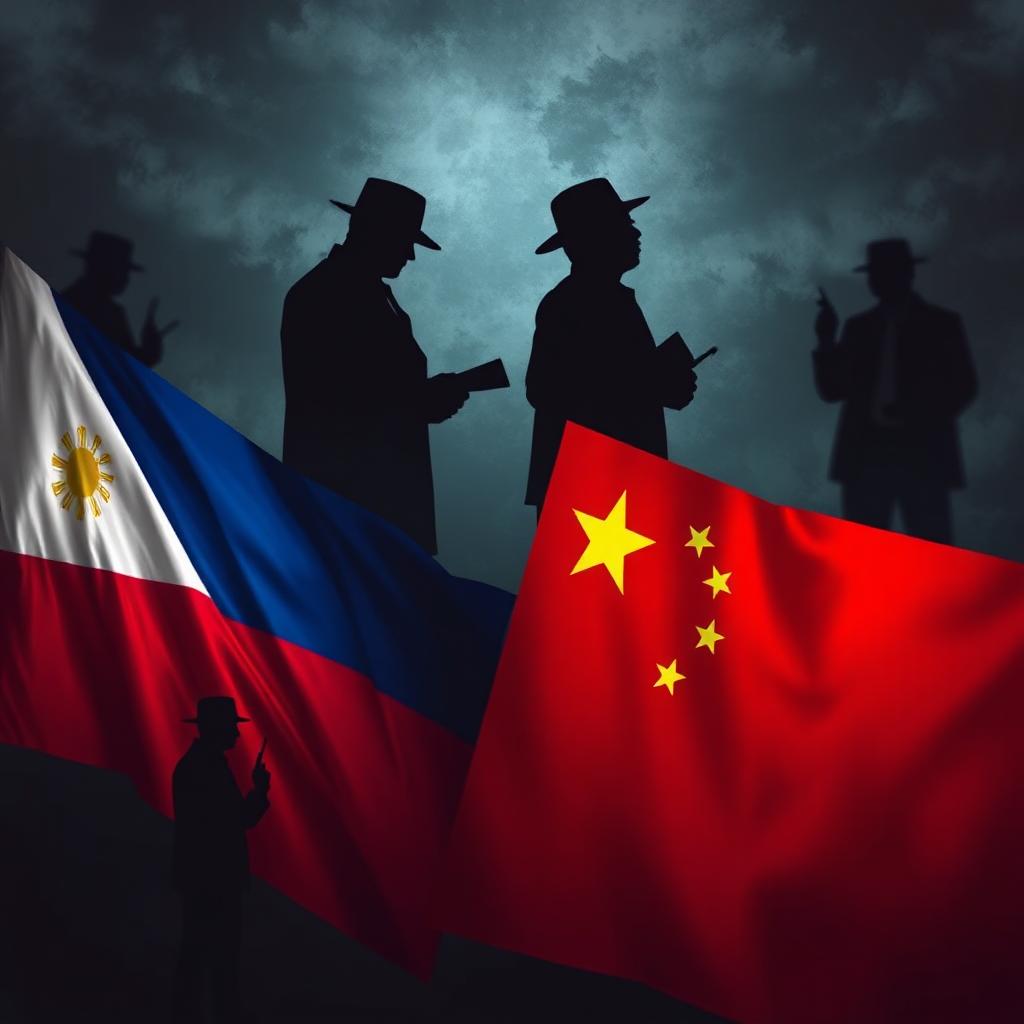by Martin Haffner Associate Editor
The globalization of emerging US-China rivalry, combined with worldwide concern for rising sea levels, has ushered a period in which Pacific small island developing states (SIDS) can exercise a geopolitical relevance and influence that outweighs the importance typically ascribed to SIDS, which by definition are small and underdeveloped economically. However, though both the US and China have identified SIDS as important loci in the pursuit of international hegemony, structural factors stemming from the qualities of smallness, remoteness, and underdevelopment have impeded, and could continue to impede, SIDS’ ability to leverage their newfound importance in order to influence favorable geopolitical outcomes at the bilateral level.
Under the Biden Administration, the US has made a concerted effort to increase engagement with island nations in the Pacific. This has included the opening of embassies in Tonga and Solomon Islands, and the announced intention to establish US embassies in Kiribati, and Vanuatu. Additionally, in the last year the US has created and appointed a ‘Special Envoy to the Pacific Islands Forum,’ recognized the sovereignty of Cook Islands and Niue, and signed a bilateral defense cooperation agreement with Papua New Guinea. August 2023 saw the opening of a USAID office in the latter, with an additional installation in Fiji.Finally, in 2024, after much procrastination, the US re-upped Compact of Free Association (COFA) agreements with the Federated States of Micronesia, Republic of the Marshall Islands, and Palau.
Much has been written about how the US’ renewed focus on these island nations is a response to Chinese interest in the same theater. Less attention, however, has been paid to the factors determining SIDS’ ability to leverage the focus paid to them by great powers in order to achieve favorable outcomes on political, defense, and climate issues topping their agendas.
SIDS face high structural barriers to achieving their ends through bilateral engagement, namely small populations, remoteness, and lack of economic resources. Tuvalu, for example, which is currently mounting an innovative international effort to have its maritime integrity preserved irrespective of whether its landmass is swallowed by sea-level rise, has a population of only 11,204 according to a 2024 estimate. This small talent pool from which to establish a diplomatic corps naturally imposes constraints on the ability to simultaneously establish embassies in influential capitals and delegations to multinational organizations. Tuvalu is not unique in this regard, and such limitations force SIDS to make stark prioritizations of where to distribute human capital, thereby often sacrificing developing bilateral relations and influencing agendas in many capitals abroad.
Among the recently announced US embassies, including Solomon Islands, Vanuatu, Tonga, and Kiribati, none have embassies in Washington. For most, their engagement with the US is conducted through these nations’ accredited permanent missions to the UN in New York. This solution, though better than no presence, emphasizes SIDS traditional focus on influencing outcomes through multilateral action, at the expense of bilateral engagement.
Costs can also prove a prohibitive factor dissuading many SIDS from establishing physical presences, and therefore strong bilateral relations in Washington, D.C. Beginning in 1965, Maldives operated an embassy in the US, only for its mission to be closed due to budgetary concerns. The embassy was re-opened in 2007, but was subsequently shuttered in 2008, only for it to re-open in 2023. To its credit, Maldives’ influence at the UN, which included the Maldivian Foreign Minister’s Presidency of the 76th UN General Assembly, stands as a masterclass in SIDS’ ability to gain stature within multilateral organizations. However, Maldives is an exception that confirms the rule, and the impact of such inconsistent representation in Washington D.C. on SIDS’ ability to build relationships and gain long-term support and familiarity with their causes is self-evident.
These barriers to consistent engagement with Washington, D.C. on a bilateral basis have clear impacts on SIDS. Case-and-point was the debacle surrounding Congress’ reauthorization of funding to support the aforementioned COFAs with Palau, Micronesia, and Marshall Islands. Though squarely in-line with Washington D.C.’s security priorities, Congressional authorization still faced repeated delays, and was only passed under-the-wire following a multi-pronged effort that included appeals from the US defense establishment, lobbyists, and island leaders themselves. Even still, leaders from Marshall Islands and Palau ultimately canceled plans to attend a signing-ceremony in Washington, D.C., reportedly after learning President Biden would not take the time to meet with the two leaders.
Both as a category, and as individual nations, SIDS are facing critical junctures on issues related to politics, defense, and climate. To name a few: Nauru, Tonga, Kiribati, and Cook Islands have each expressed interest in harvesting critical minerals from the Pacific floor, a practice of which some are skeptical. Elsewhere, desire to link with US-built pacific cables has some SIDS facing pressure to eschew Chinese technologies altogether. And across the Pacific, leaders and candidates must deal with reductive framings of their elections merely as proxy battles between the US and China.
These are just some of the complex issues impacting SIDS, each of which could stand to gain from enhanced channels to communicate their priorities with Washington, D.C. on a bilateral basis. However, the previously mentioned characteristics related to size and an inconsistent physical presence in Washington, D.C. will almost necessarily remain a prohibitive factor preventing SIDS from establishing the relationships with lawmakers and influential media required to tilt American discourse in their favor. The dawning period of renewed great-power interest in SIDS will likely place a greater weight on bilateral relations, requiring SIDS to develop new methods to ensure their priorities are not lost amid the competing efforts of great powers.



